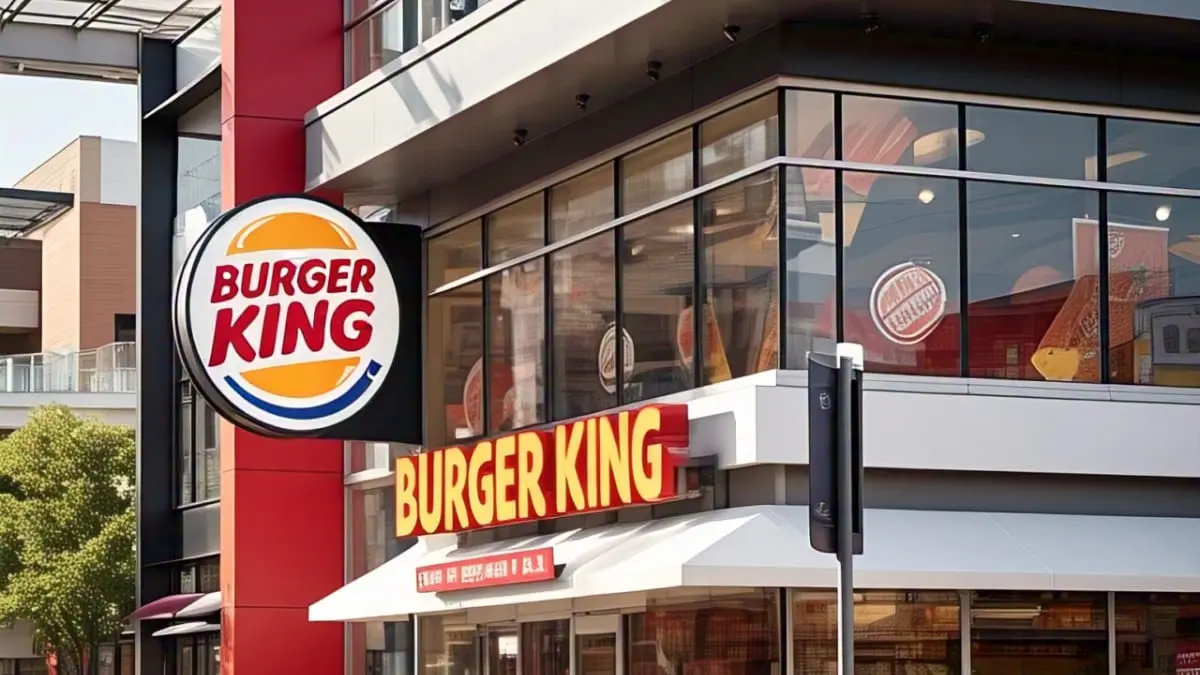Updated 6 May 2025 at 21:11 IST
Why Burger King Is Facing a Legal Grilling Over Misleading Whopper Ads
A U.S. judge says Burger King must face a lawsuit alleging its Whopper ads exaggerated burger size and misled consumers nationwide.
- Republic Business
- 3 min read

Burger King is facing a significant legal battle after a U.S. judge ruled that the fast-food giant must defend itself against a class-action lawsuit accusing the company of misleading customers with ads that make its Whopper sandwich appear much larger than it actually is. U.S. District Judge Roy Altman, in a decision on Monday, stated that it was "plausible" that some customers could be deceived by Burger King's advertisements. The lawsuit claims that the Whopper is shown in ads as being 35% larger than it actually is, with more than double the meat compared to the actual product. The legal complaint, filed by 19 consumers from 13 different states, accuses Burger King of exaggerating the size of nearly all its menu items, both in its in-store promotions and online marketing.
Burger King’s Version
Burger King’s defense argues that its advertising is meant to make products look visually appealing and that consumers should know the images are not meant to be taken literally. They acknowledged that the company’s photographers "styled sandwiches more beautifully" than they appear in the restaurant. However, Judge Altman disagreed, ruling that these ads may go "beyond mere exaggeration or puffery" and could mislead "reasonable consumers" into thinking they’re getting a product much larger than what is actually delivered, particularly in ads published after 2017, when the Whopper's size appeared even more inflated.
The decision to allow the lawsuit to move forward sets it apart from previous legal challenges against McDonald's and Wendy's, both of which were dismissed by a Brooklyn, New York, federal judge in 2023. This case, however, suggests that courts may take a harder line on food advertising that allegedly misrepresents product sizes, reflecting a broader shift in consumer expectations and legal scrutiny. The lawsuit, Coleman et al v. Burger King Corp, will continue in Florida’s Southern District. As of Tuesday, neither Burger King nor its legal team had provided any comment.
Why It Matters:
This legal challenge could set an important precedent for the fast-food industry, particularly in how far brands can go in advertising. If the court rules in favor of the plaintiffs and finds Burger King guilty of misleading consumers, it could open the door to similar lawsuits targeting other major fast-food chains. Subway, for example, is already facing a similar case in Brooklyn, and other fast-food giants may soon face increased scrutiny regarding the accuracy of their marketing materials. In today’s marketplace, where consumers are demanding more transparency and truth in advertising, food companies may find themselves under closer inspection than ever before.
Advertisement
Published By : Rajat Mishra
Published On: 6 May 2025 at 21:11 IST
